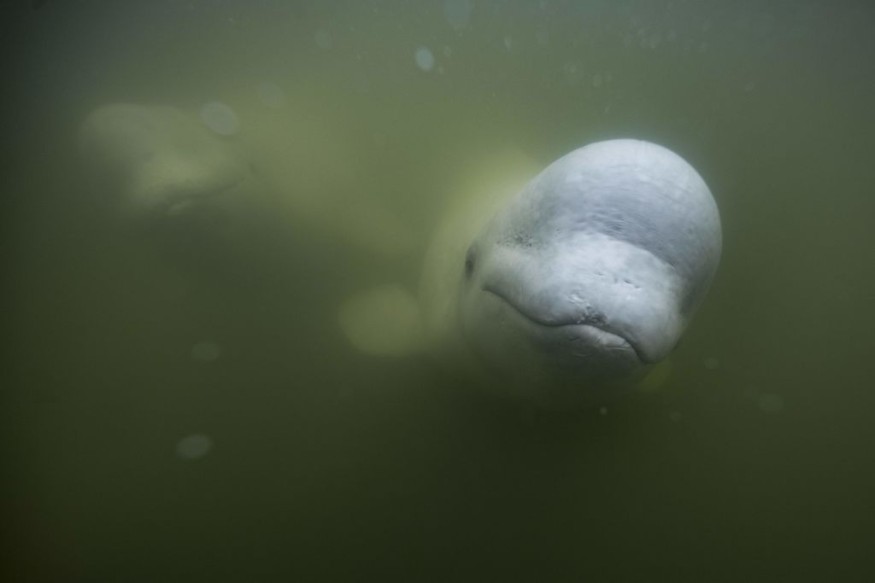Latest reports said that Norwegian authorities urged people to maintain distance to avoid the Beluga whale to ensure it is safe from injuries and boat traffic collisions.
The World Wildlife Fund (WWF) explained that the beluga whale is known as a social mammal. The scientific name is Delphinapterus leucas, reaching about 1500 to 3500 pounds.
The report noted that Beluga whales played a significant role in the Arctic.
Beluga whale in Norway

In the latest reports published in CNN and AccuWeather, the Norwegian Directorate of Fisheries explained that the Beluga whale should be avoided contact due to the potential impact on their survival.
The report added that the said whale is considered a protected species in the country, which could also be found in portions of Oslofjord.
In a different report in 2019, CNN explained that the whale became famous when it was found with a mounted camera, raising concerns that the whale could be a spy.
The beluga whale is known as Hvaldimir.
After the incident, the report added that the Beluga whale managed to roam around the oceans of Norway.
The said whale showed to stay in areas near farms because they could most likely find fish for their diet.
Being a social animal, the beluga whale likes to follow boats. People on the boat try to tame the whale's presence.
According to CNN, Fisheries Director Frank Bakke-Jensen explained that there are minor injuries in whales with contact with boats.
In addition, the report noted that contact with humans, especially near a boat, could likely harm the whale.
The report urged people to maintain a distance when they see a beluga whale in the area, ensuring that the beluga whale would not suffer from potential injuries.
Meanwhile, the report said that authorities would continue monitoring the beluga whale in the area.
Did you know? More facts about Beluga whale
According to NOAA Fisheries, the beluga whale species have a white appearance. They are known for their vocal voice or sounds, calling them the canary of the sea.
NOAA added that beluga whales could be seen in Alaska, sub-Arctic and Arctic waters. The skin of Beluga whales can help them survive under freezing temperatures, especially in the Arctic.
Like other aquatic species, beluga whales could suffer from global warming and climate change. Climate change can impact the sea ice, which is essential for the Beluga whales.
The report added that the Beluga whales are under threat. NOAA explained that their species could suffer from pollution, recreational fisheries, habitat loss or degradation and disease.
Regarding the Beluga whale diet, the report said the species feed on clams, shrimp, squid, octopus, fish, salmon and many others.
According to NOAA, the Beluga whales mate during the late winter and spring seasons, with pregnancy reaching about 15 months.
The report noted that the Beluga whale was revealed to give birth during summer when the water is warmer.
With many threats they have faced, the whales' conservation and protection efforts are crucial to the environment.
Related Article : Scalloped Hammerhead Sharks Hold Breath Underwater To Hunt Prey
For more similar, don't forget to follow Nature World News.
© 2025 NatureWorldNews.com All rights reserved. Do not reproduce without permission.





